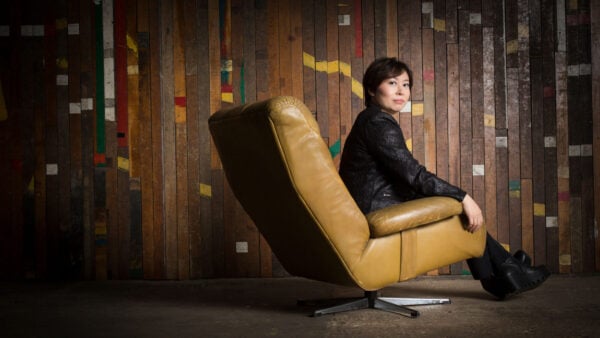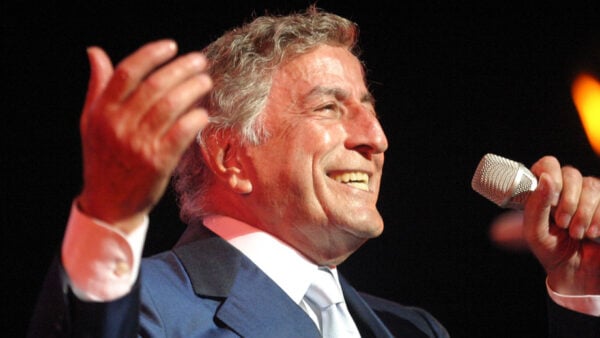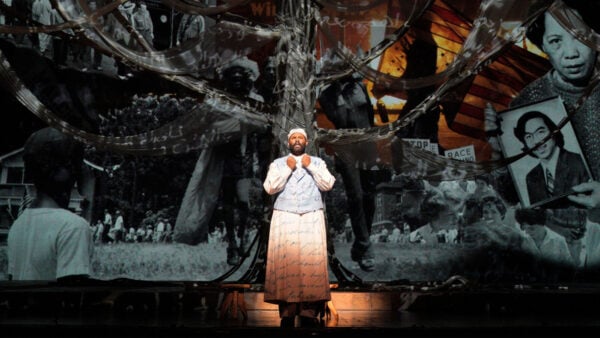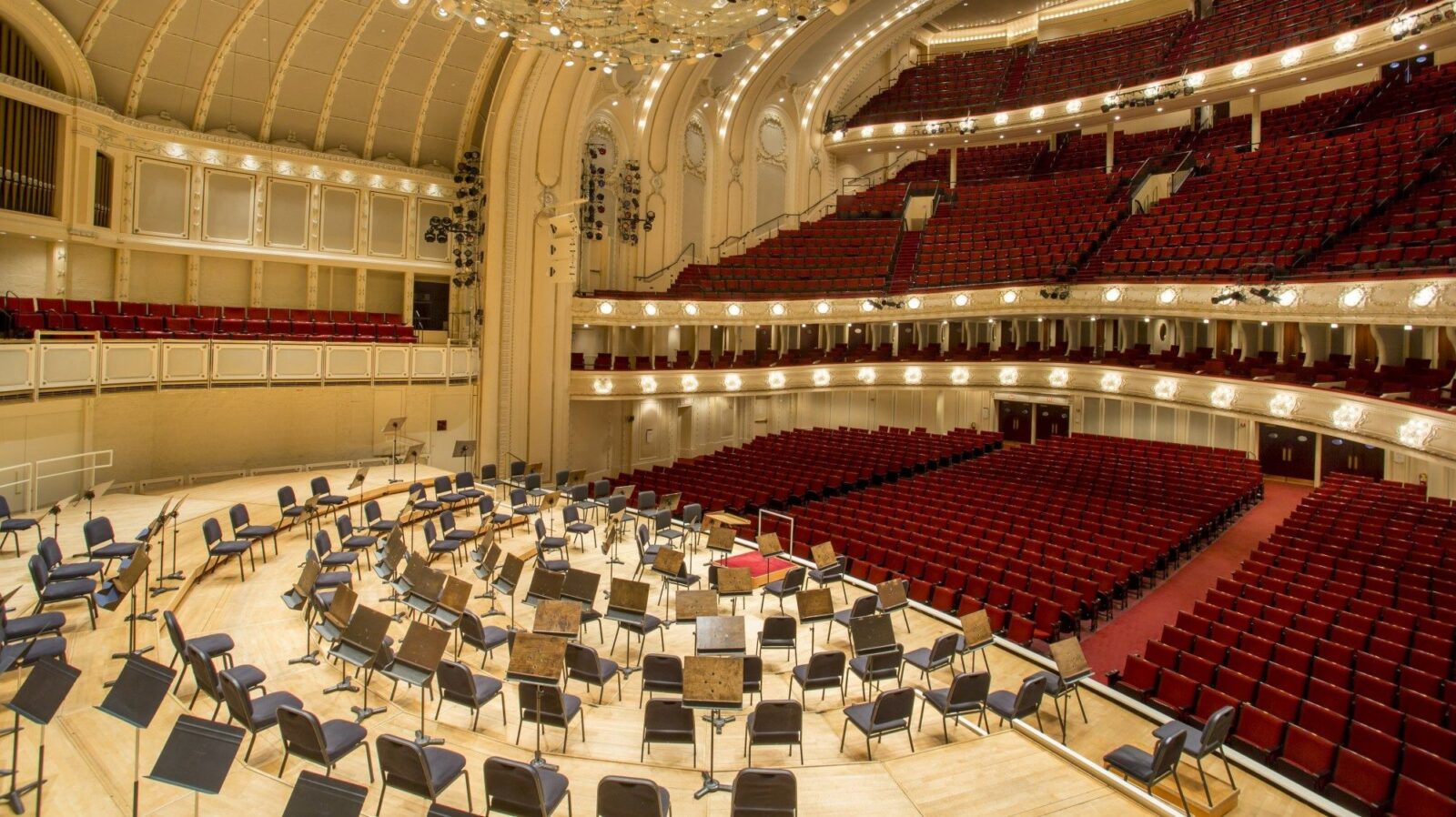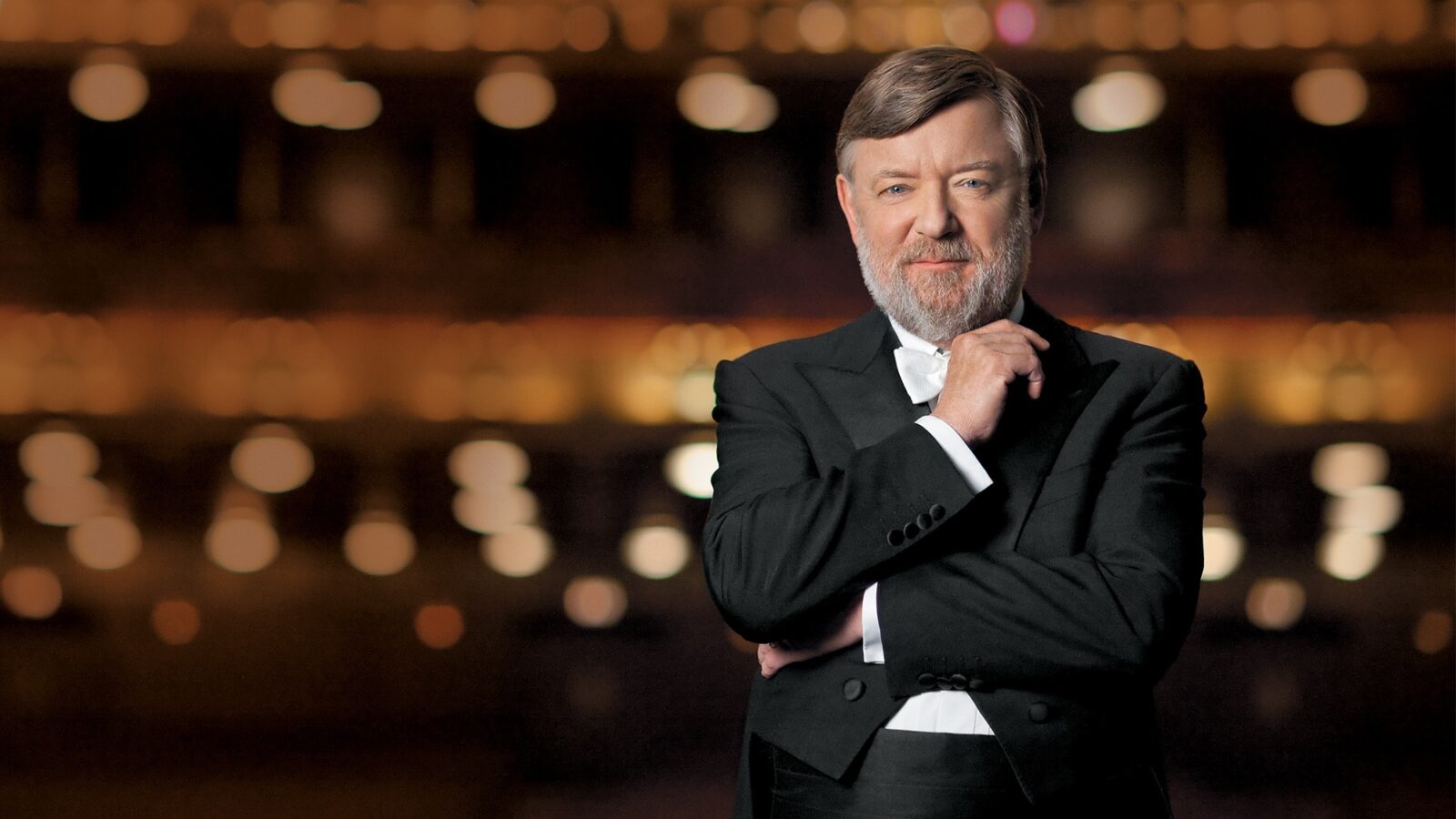
Sir Andrew Davis (Photo: Dario Acosta)
Andrew Davis, an acclaimed British conductor who was music director of the Lyric Opera of Chicago and orchestras on three continents, has died. He was 80.
Davis died Saturday at Rusk Institute in Chicago from leukemia, his manager, Jonathan Brill of Opus 3 Artists, said Sunday.
Davis had been managing the disease for between 1 1/2 and 2 years, but it became acute shortly after his 80th birthday on Feb. 2. He had conducted the Chicago Symphony Orchestra last December in the U.S. premiere of his own orchestration of Handel’s “Messiah.”
“A consummate musician, incredibly versatile and a phenomenal colleague, as well,” soprano Renée Fleming said in an email to The Associated Press. “It takes a special kind of command to be a great conductor, the power to make close to a hundred musicians (each one, at heart, a diva or divo) hang on your tiniest gesture. So it is remarkable that even with that strength, Andrew’s primary quality was his innate happiness. He was gifted with an infectious joy that somehow came through in every bar of music he made.”
As his 80th birthday approached, Davis was invigorated by the challenge of molding an orchestra, especially young players.
“Harnessing all that energy and that enthusiasm and that passion, and galvanizing it into a totally, totally unified conception and not just conception but — what’s the word? — realization,” he said during an interview with the AP last July after rehearsing the National Youth Orchestra of the United States of America in workshops and then at New York’s Carnegie Hall. “I berate them more than I would, but I hope always with a twinkle in my eye.”
Davis was music director of the Toronto Symphony Orchestra from 1975-88 and Britain’s Glyndebourne Festival from 1988-2000; chief conductor of the BBC Symphony Orchestra from 1989-2000 and the Melbourne Symphony Orchestra from 2013-19; then music director of the Lyric Opera from 2000-21.
Davis made his Lyric Opera debut in 1987 and led about 700 performances of 62 operas by 22 composers.
“He was a true artistic partner to me and a shining light for so many of us,” Lyric Opera general director Anthony Freud said in a statement. “We will miss his incredible artistry, his extraordinary wisdom, his irrepressible humor, his unfettered zest for life and his devotion to the arts and the humanities.”
Davis conducted a dozen Last Night of the Proms concerts, an annual celebration of Britain at London’s Royal Albert Hall. He twice gave the customary speech in the patter of the Major General’s song from Gilbert and Sullivan’s “The Pirates of Penzance.”
Born in Ashridge, in the Hertfordshire county of England, Andrew Frank Davis played organ for his parish choir and joined the choir at the Watford Grammar School for Boys. He studied piano at London’s Royal Academy of Music in London, became an organ student at King’s College Cambridge, and played piano, harpsichord and organ with the Academy of St. Martin in the Fields from 1966-70.
He made his conducting debut with the BBC Symphony in 1970, became an assistant conductor with the BBC Scottish Symphony Orchestra and Philharmonia Orchestra, then in 1971 made his North American debut with the Detroit Symphony Orchestra.
“One of the finest conductors of his generation,” Carnegie Hall executive and artistic director Clive Gillinson said. “I worked with him on an ongoing basis at the London Symphony Orchestra, and the players and I were always totally engaged by his superb musicianship.”
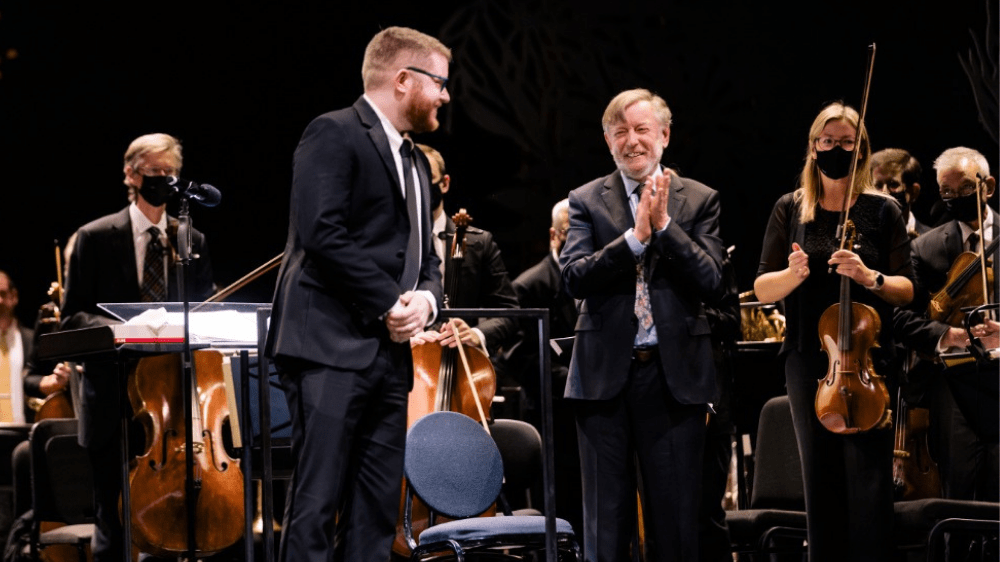
Ed Frazier Davis and Sir Andrew Davis
Davis made his opera-conducting debut in Strauss’ “Capriccio” at the Glyndebourne in 1973 and the following year met his future wife, soprano Gianna Rolandi, when she sang Zerbinetta in performances of Strauss’ “Ariadne auf Naxos” that he led at New York’s Metropolitan Opera. They got married in 1989 and had a son, composer Edward Frazier Davis.
Davis became a Commander of the British Empire in 1992 and a Knight Bachelor in 1999. The family moved to Chicago when he was hired by the Lyric Opera.
During the pandemic, Davis translated Virgil’s “Aeneid” from Latin into English verse.
“I took an entrance exam in classics in New College, Oxford,” he told NPR, “but then a couple of weeks later I took the organ scholarship trials at King’s College, Cambridge, which much to my surprise I won, so that was the end of classics for me.”
His wife died in 2021. In addition to his son, he is survived by a sister, Jill Atkins, and brothers Martin Davis and Tim Davis. Funeral services will be private.

